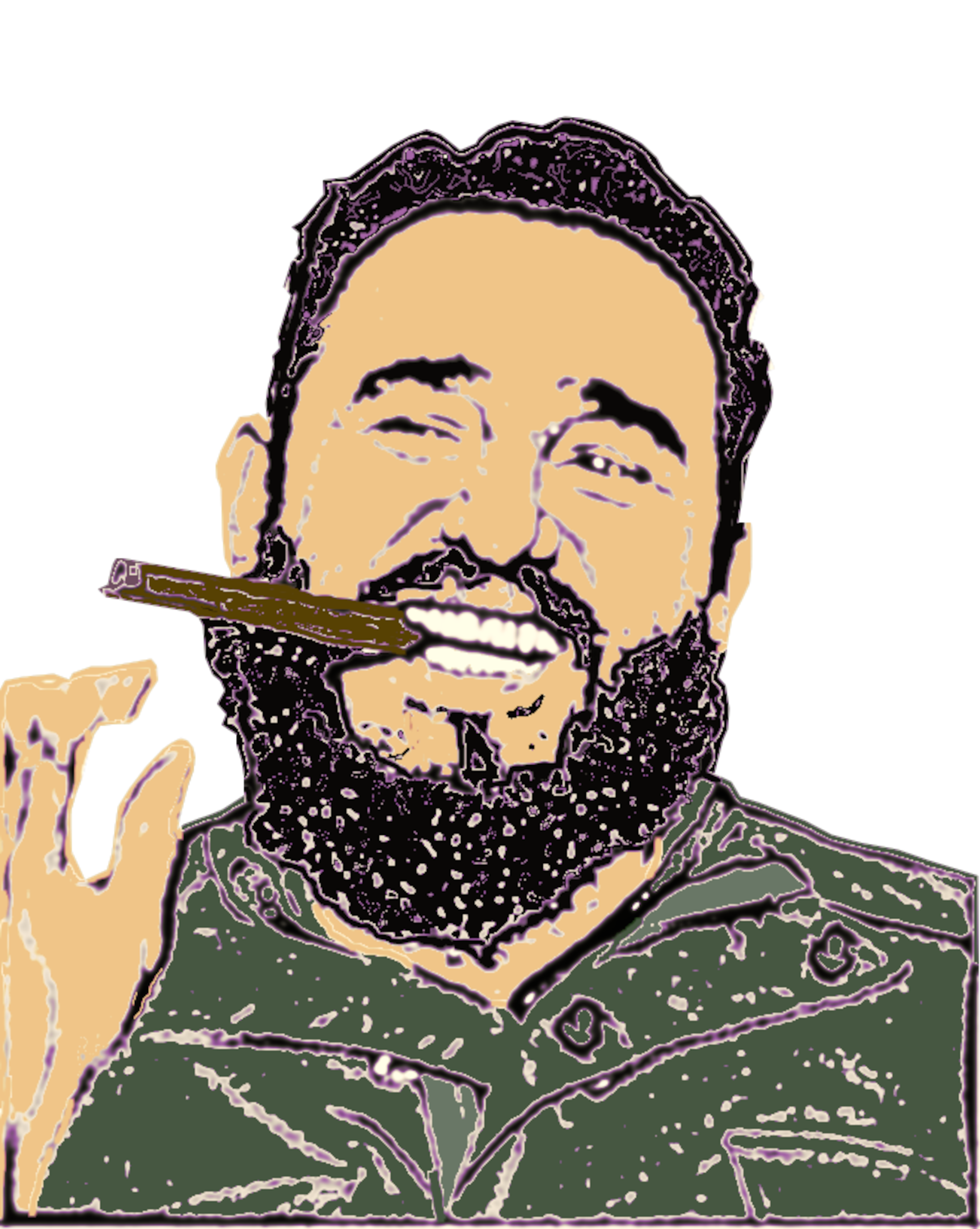When in fictional Warhammer 40000, thousand people are killed daily to keep travel in entire galaxy safer, it is something monstrous.
When in real USA during the pandemic around thousand people died daily to keep the top bourgeoisie profits high, it is freedom.
Tbh, the satire in 40K (and satire in general) seems harder to distinguish from life in the West the longer I live.
3,000 a day at the peak, literally 9/11 every day for the Denny’s to stay open.
thousand people are killed daily to keep travel in entire galaxy safer
100+ die every day (on average) in US traffic accidents (42,795 for 2022)
The population of the imperium is in the hundreds or thousands of trillions or even way more than that. Sacrificing 3000 people a day to make it so that demons don’t attack every single spaceship, and to ensure the reliability of ftl travel, is considered grimdark.
In a country of 330 million 3000 people a day died during covid to protect 6 months of corporate profits. But its ok because those people died for the freedom to drive to mcdonalds

But its ok because
I’ve actually seen people defend the deaths because it was mostly the homeless and the unemployed; a lot of people are just utter trash, but now they can broadcast it through social media.
Said it before, but I have a saying I took from some other comrade somewhere: “don’t argue with someone John Brown would simply shoot.”
ableism/classism is

If you do even some basic back of the napkin math on how many psykers are sacrificed to the God Emperor of Man each day compared to how many people there are in the imperium and figure out how many are born and die each day you’ll end up with a very small percentage. It was actually a fun exercise to figure it out in my friend group.
40K’s numbers often have no sense of scale. Wars fought for decades over entire sectors of space will end up having less soldiers than just the Earth during World War 2.
Why does everyone think North Koreans call Kim Jong Un “dear leader” or whatever? Is it a misleading translation of Korean honorifics or official titles or something? I know the main reason is bigotry, but this is so pervasive that I wanna know where it came from.
Same reason people keep referring to DPRK as North Korea, it’s a result of decades of western propaganda. DPRK along with Cuba have been hands down the biggest targets of US propaganda because they remain as the closest analogs of USSR today. They utterly reject capitalism and don’t even make an attempt to make any concessions to the west.
True, but I’m wondering whether this bit is based on anything at all. It’s remarkable how widespread it is.
Literally everything westoids believe about DPRK is based purely on vibes and racist South Park bits
Is it a misleading translation of Korean honorifics or official titles
Thats what I’ve always assumed. Its a major tactic I’ve seen in reporting on China and the CPC, so i assume they’d use the same to the DPRK.
In the US politicians and officials (without a military rank) are formally refered to as “the honorable” so and so. Imagine how the US would spin that formality if it as used officially by a designated enemy. The average person in the US doesn’t say that or would ever use it, but imagine the propagannda of saying Americans “their love their ‘honorable leader.’”
Many (most?) countries have a prime minister. We’re very used to hearing those words in conjunction, but if you just tell people it’s a ridiculous phrase, then prime minister, supreme leader, dear leader, etc, are interchangeable in meaning and grandeur. Since you’re translating from another language, it’s up to you which variation to translate to.
I’ve always thought ‘Prime’ is a very dramatic word
Journalists do this with all sorts of translations. A foreign word for ‘small bump in the road’ gets translated as ‘an insurmountable roadblock’. They might be synonyms for ‘problem’ but what self-respecting propagandist is going to let a little context or accuracy get in the way of a good story.
It would be cool if someone who knew Korean could confirm this for us, but in my opinion I don’t think it’s that strange to call people “dear” in general. Didn’t FDR refer to Stalin with “my dear” in his letters to him? I don’t find that weird. Also it could very well be a cultural thing too, some are just “warmer” than others. I mean, this example isn’t the same, but I thought it was hilarious when Hakim called Putin “habibi.” Maybe it’s just me, though, I like sweetness.
The particular phrasing that gets thrown around is extremely cultish in English (dear leader, glorious leader, supreme leader, etc.) which is why westerners keep repeating it. It doesn’t come off as a term of endearment, more like subservience. I dunno what Koreans say in Korean and whether it carries the same connotations though (probably not).
Yeah that makes sense. In my political science classes when Authoritarian governments are brought up the term “supreme leader” is used a lot so maybe I’m used to it. Then again it very well might be a language barrier with tonal contexts (how they say it). I can’t recall a time when a Western leader was ever referred to as “supreme leader”…
Yeah, Aria mentioned how “prime minister” is the same thing but with neutral connotations. It’s another case of using good words to describe ourselves and bad words to antagonize our targets.
Makes a point about Americans being propagandized, only to veer into unexamined propagandistic tropes about Designated Bad Country at the very end

I also interpreted that on first reading. But I’m guessing it was a figure of speech, like what a typical westerner would say
I’m also hoping that
Yeah, I thought it was odd that they’d take a dig at the DPRK, but at this point what do we expect?
The propaganda runs so strong that even leftists living in the imperial core are prone to it.
I am from a country where the pictures of the dear leader are plastered everywhere. The vast majority of us despite “Nationalism” being a subject we are taught in school wouldn’t take a bullet for the dear leader. We will fight for our country but not the monarch. I expect true-believer monarchists to be less than 1% of the population. Most people won’t rise up to keep the peace and stability not because they are infinitely loyal.
I have no reason to think it is any different elsewhere. People will stand by the leader to defend their country and maintain the peace and stability but not out of blind love or devotion.
imagine having a leader you would die for, first of all
Silly tankie, have you never heard of The Burger King?
I’ll gladly take a bullet for Abu Obeida
Stalin our father 💞
Wouldn’t die for Stalin or Mao, smdh.
oh to be alive in the 30s to be thrown into a concentration camp for being a commie and saying that soviet russia wasnt the enemy

I will add to the pile and say there are many socialist leaders i would die for.
I mean, i would more broadly be dying for them as an instrument of delivering a better chance for my loved ones and myself and my surroundings. I would die to keep an integral cog of the machine of good running, i wouldnt die for a celebrity for the sake of them being a celebrity.
But muh Applebees!


















